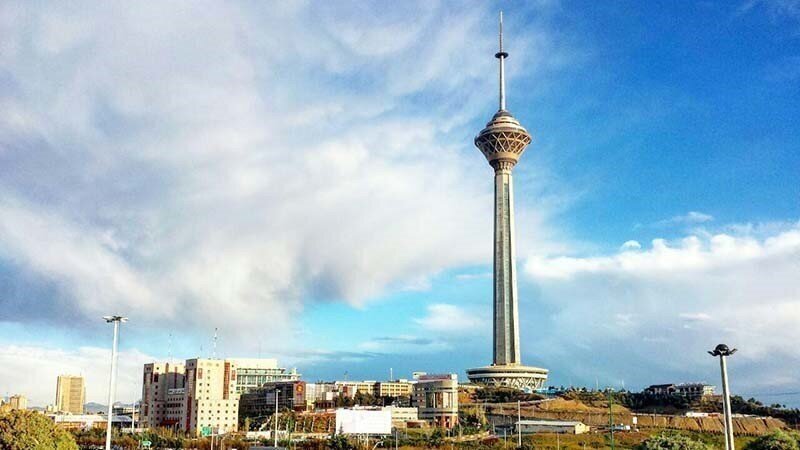Housing price rises 10% in Tehran

TEHRAN- According to a recent report released by the Central Bank of Iran (CBI), the housing price in Tehran city has risen ten percent in Tir, which is the fourth month of the Iranian calendar year (June 21-July 21).
The report put the average price of one square meter of a house at 209.1 million rials (about $4,978) in the capital city, which was 10.4 percent, and 56.6 percent higher than the average price in its previous month, and in the same month in the past year, respectively, IRNA reported.
Meanwhile, the number of real estate deals has risen 193.3 percent in Tehran in the fourth month of this year compared to the same month of the previous year.
The housing market is experiencing inflation and rise in prices, both in terms of rentals and sales, but the rise in prices is not going to be like the last year's sudden surge, Hesam Oqbaei, the deputy head of Tehran Real Estate Association, said on May 2.
“Last year, when house prices experienced a 100-percent growth, rent prices rose by as much as 30 percent. Of course, this year we anticipate that rent growth will not reach inflation and will stay below the inflation rate,” the official added.
According to Oqbaei, 37 percent of the country's urban population are tenants, who are from the low and middle classes of the society and their salary increase has been up to 22 percent, so if the rent prices were supposed to grow along with the house prices people won’t be able to afford it.
Noting that the government planned to provide financial facilities for the low-class tenants last year, Oqbaei said: "Now is the time to grant financial facilities, because the transfer season has begun and it is time for the government's last year’s proposal to become operational."
Oqbaei underlined the lack of balance in supply and demand as the main reason for the upward trend in housing prices and said since there are not enough bank facilities available to homebuyers, more people will stay as tenants and the demand for house rents increases, so consequently rent prices will also rise in areas where there is an imbalance between supply and demand.
In late June, Finance and Economic Affairs Minister Farhad Dejpasand announced the establishment of the country’s real estate stock exchange.
The minister had stated that the Economy Ministry was finalizing the issue with the Securities and Exchange Organization (SEO).
Last week, a member of Iran’s Securities and Exchange High Council announced that the country’s real estate stock exchange will be established by the next four-six months.
The establishment of such exchange is in line with the government’s policy of providing housing units for the underprivileged, and many efforts have been already made to prepare the required infrastructure in this due.
The head of the Tehran Stock Exchange (TSE) had previously announced that the exchange was due to be established in the middle of the previous Iranian calendar month (early July).
When established, it will be the country’s fifth major stock exchange. The four other ones are TSE, Iran’s over-the-counter (OTC) market, known as Iran Fara Bourse (IFB), Iran Energy Exchange (IRENEX), and Iran Mercantile Exchange (IME).
Deputy Head of Iran Chamber of Commerce, Industries, Mines, and Agriculture (ICCIMA) says the establishment of the country’s real estate stock exchange is going to promote transparency in this market.
According to Hossein Selahvarzi, establishing this stock exchange is going to be an opportunity for making the transactions in the housing market more competitive and transparent, and will gain people's trust for participation in mass construction projects.
In early July, speaking in a meeting with the officials from Iran's Mercantile Exchange, which is in charge of the establishment of the real estate exchange, Selahvarzi said: “We are studying various aspects of the project.”
The official noted that the Real Estate Exchange Company is going to be established with an initial capital of 50 trillion rials (about $1.2 billion), of which 50 percent will be offered to people in the form of underwriting, while 25 percent will be shared among government agencies and another 25 percent is given to private sector companies.
“Companies wishing to participate must submit their initial application; these companies will be allocated up to 2.5 percent of the total capital which would be 1.25 trillion rials (equal to nearly $29 million)”, he added.
Underlining the great capacities of this exchange, Selahvarzi said the capital market has the ability to define practical tools for financing the real estate market and large construction projects, and it will make people more confident in participating in the implementation of such projects.
MA/MA

Leave a Comment